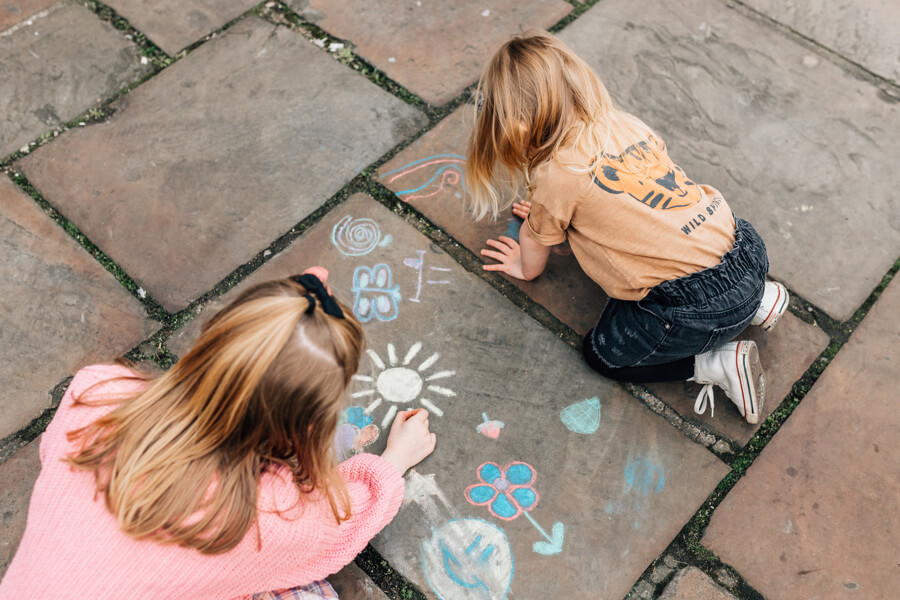Fostering and your own children
Whether you have a young biological child, adult children who live away from home or adopted children, it's only normal to think about how fostering may affect them.
Taking the decision to start fostering is something that should include the whole family, especially your children. Take a look at this page for some of our advice.

There is no one-size-fits-all scenario when exploring the possibility of fostering alongside your own children.
Your children may be a little worried or apprehensive and need some encouragement or reassurance. Or your children may be very excited and happy to help another child.
No matter what the case is, communication is key to make sure they understand what will happen when a child comes to live in your home, what fostering means and the role that they'll have.
Many of our current foster carers and new foster carers have children of their own, so we can offer plenty of advice and support on this journey.
The benefits for your children
Fostering can make a huge impact on your own children's lives and there are so many benefits that they can enjoy:
Better acceptance of others - as a foster carer, you may look after children from all walks of life. This can help your birth children become more accepting of others and embrace difference.
Empathy - living with a looked after child who may have faced significant hardships can teach your children a lot about empathy and how to be considerate.
Friendship - it's an amazing feeling when your own children accept the looked after child into the home, but it's even more special to see friendships form. These friendships can last a lifetime.
Learning to share - sharing is an important life skill for everyone, and your own children and the child you foster can learn this under your care.
Greater appreciation - your children are likely to develop a greater sense of appreciation for what they have after living with a child who may be less fortunate.
Potential challenges
There may be some challenges that you face when fostering alongside your own children, but we'll be with you to help and support you.
Cultural differences - you may be asked to care for a child with a different religious or ethnic background, which may mean you need to accommodate their need to pray, eat certain foods or wear different clothing. Some children may struggle to understand these differences, which could make it hard for the child in your care to feel accepted.
Difficulty sharing - while your children may learn a lot about sharing from the experience, some may struggle to share your time and affection, belongings and space.
Inconsistency - foster placements vary by timeframe, which can cause some inconsistency in the home. It's important to explain this to your children before you start fostering and help them to understand that you may look after a number of children over time.
Saying goodbye - the ideal situation is that your children form bonds with the child you look after, however, this can make saying goodbye difficult.

How to support your own children when fostering
It's no secret that becoming a foster carer can change your family dynamic, just as having a baby can, but there are ways to help your own children adjust to this new experience.
Be open and involve your children in decisions - talk to them about what fostering means and the ways in which your family will be helping looked after children. It's essential that your children understand and are comfortable with sharing their home.
Reassure them - children see the world through different eyes to adults, so reassurance that everything will be ok is key.
Make time for them - while it's important for you to spend time with your foster child, you also need to make sure that your own children don't feel pushed aside. Make time for them to either talk or play, and encourage them to spend time with your foster child too.
Help them to see through the foster child's eyes - talk to your children about how the child in your care may be scared or anxious and may not want to talk. If they understand how the child in your care may be feeling, they are more likely to be patient and empathise with them.
If you need any more advice about how to support your own children when fostering, please don't hesitate to get in touch with our fostering team.
